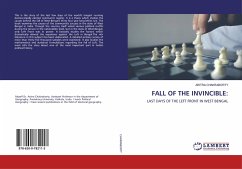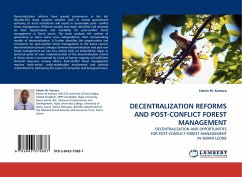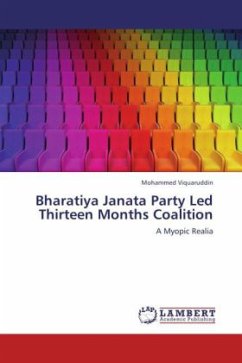Japan maintains the established political process which reflects in the working of government and in the policies. Beginning from the Meiji restoration to the contemporary parliamentary functioning, Japan has developed its own kind of legislatorial democracy. Formation of the coalition government in the early of the 1990s was the change occurred due to the little less popular policies and political culture, existed after the occupation period. It is evident that the single party dominance has led the inclusive development in Japan; however, it also increased political apathy among the Japanese public in the meantime. Since 1990, a number of coalition governments were formed, and reforms initiated to bring back Japan with larger attainment. The dominant political parties, Liberal Democratic Party (Jiyu-Minshut ) and Democratic Party of Japan (Minshut ), formed the coalition governments with their allies and tried to win the public good turn through implementing major reforms. Exploring the practice of political parties and political leadership, the study would be useful to all who considers that the politics should always be associated with the development and integrity.
Bitte wählen Sie Ihr Anliegen aus.
Rechnungen
Retourenschein anfordern
Bestellstatus
Storno








